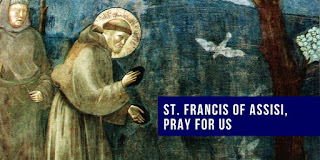“I believe that our challenge as disciples is to bravely carry the cross of Christ. I’m very optimistic about the future of the Church. If we keep the faith, look to Christ, pray the Our Father, and purify our relationship with God, everything will be OK.” (Archbishop Daniel M. Buechlein, OSB)
During my 25 years as a bishop, one of my top priorities has been ministry to the young Church. Wherever I was—celebrating the sacrament of confirmation, speaking at youth conferences, on college or seminary campuses or participating in informal gatherings at my residence—I made a point of telling young people that we need them, we love them and we support them.
My whole approach has always been to support young people and encourage them to want to serve in the Church, not only as priests and religious but also as lay witnesses to their Catholic faith. Our youth need and deserve the witness of sacrificial love. I have no doubt in my mind that, given the guidance and support they need, our young Church will respond to a prophetic, countercultural way of living because our youth are looking for a life of meaning and love that is real.
In 1985, Pope John Paul II wrote a letter to the youth of the world. Speaking to the young people of that time, he told them how tremendously important their teenage years were because during this time of their lives they were beginning to take personal responsibility for their decisions and to make choices about their future. Young people deal with the questions “What does God want for me?” and “What can I do to make a difference in this world?”
The Holy Father’s advice was very powerful. He told the young Church: “As you search for answers to answer these all-important questions about the meaning of your life and the world we live in, look to Christ. If you pray every day in your own way, everything will be OK. You’ll find yourself a lot more peaceful, a lot happier and a long way down the road toward figuring out what you can be and do to make a difference in life.”
From Surprised by Grace: Memories and Reflections on Twenty-Five Years of Episcopal Ministry, Chapter 2, “Courage” by Archbishop Daniel M. Buechlein, OSB




